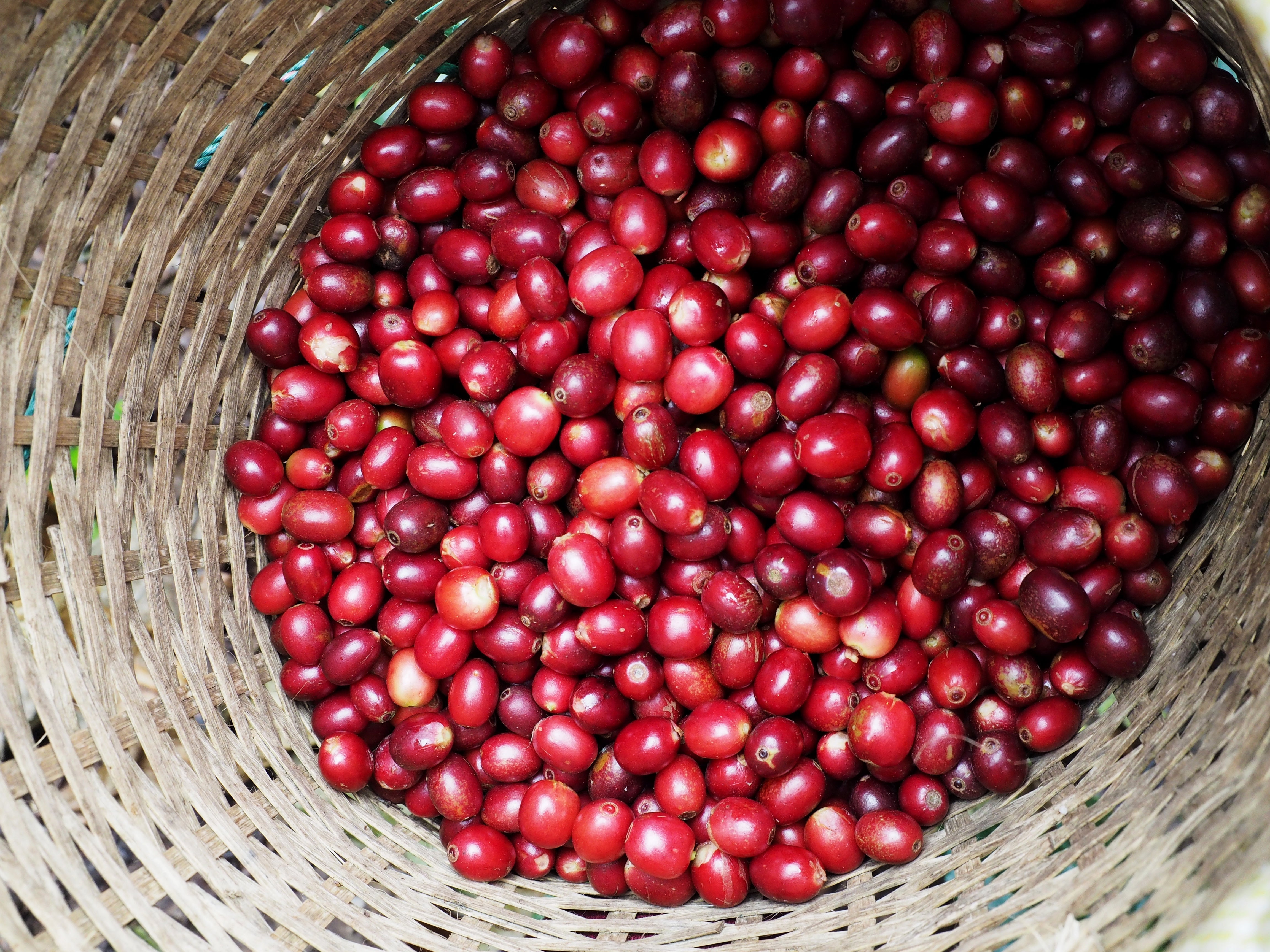The Art and Alchemy of Fermented Coffee
There’s something magical that happens when science and nature fall into rhythm when time, temperature, and intention work together to transform something ordinary into something transcendent. It’s the invisible choreography behind the world’s most beloved flavors like kombucha, kefir, and wine. And now, that same ancient process is reimagining the world of coffee, creating cups alive with dimension, aroma, and soul.
We see fermentation not as a trend, but as a conversation through microbes, fruit, and time to create something far greater than the sum of its parts.
What Really Happens During Coffee Fermentation ?
When the freshly picked cherries are sealed in a tank with the outer fruit intact and combined with other fresh fruits such as pineapples, natural yeasts and bacteria (the same kind that make wine bubble) start to feed on the fruit’s sugars. This carefully controlled process breaks down the fruit to releasing aromatic compounds that alter the coffee’s chemistry and character. Fermentation can also be done after the beans are processed and the cherries are separated from the beans.
The process can last anywhere from 12 hours to several days to create bright, fruit-forward cups with silky balance. When done right, fermentation elevates what nature has already created. It brings out the natural sweetness, lowers acidity, smooths bitterness, and builds a layered flavor that feels both familiar and new.
Fermentation has been part of human culture for millennia. Koreans have long relied on kimchi, a living food brimming with character and spice. The tea drinkers of China and Korea discovered kombucha, that tart-sweet tonic alive with bubbles and beneficial bacteria. And everywhere from Eastern Europe to the American South, humble pickles have turned basic meals into something special.
Coffee joins this lineage not as a novelty, but as an evolution. At our partner farms in Colombia, fermentation is treated like a craft within a craft. Every batch begins with hand-picked cherries. There, waterfalls nourish the soil, and plantain trees cast dappled shade creating an ecosystem perfectly suited for this delicate process.
We experiment with different fermentations with local fruits like passion fruit or pineapple, or with celebrated spirits such as Aguardiente Amarillo de Manzanares. Each approach tells a different story, and reveals unique flavor profiles.
What Does Fermented Coffee Taste Like?
We like to think of fermented coffee as coffee with a little extra soul.
The brew method, water, and the grind will always shape the final cup. But fermentation deepens the coffee’s natural character, creating complex layers of flavor that unfold sip by sip with a gentle natural sweetness, hints of fruit notes, and lowered acidity.
Is Fermented Coffee Good For You?
TLDR: YES.
When we ferment our coffee, we’re not trying to bottle probiotics or reinvent wellness culture. We all know doctors adore their fermented foods but while fermented coffee shares the same spirit of transformation, it’s not quite the same kind of wellness story.
During fermentation, natural yeasts and bacteria help break down the fruit’s sugars and proteins, unlocking new depths of flavor. But once the beans are roasted those live cultures disappear. But here’s the good news: it does come with its own kind of benefits.
-
Gentler on digestion: The fermentation process helps break down compounds that can make coffee harsh on sensitive stomachs.
-
Lower in tannins: Fewer tannins mean less staining and a smoother mouthfeel. Your smile (and your taste buds) will thank you.
-
More balanced flavor: Each sip feels rounder, silkier, more harmonious.
So while you won’t find live cultures dancing in your cup, you will find something better...a coffee that’s easier to savor, sip after sip. A cup that feels as good as it tastes.
Is Fermented Coffee Alcoholic?
We get this question often and the answer is a definitive no. While the process of fermentation can produce trace alcohol, it never survives the roast.
The Takeaway
So, is fermented coffee good for you? Absolutely. It’s a reminder that flavor is alive, and that beauty often emerges when we slow down and let nature lead. And in that slow, invisible process lies the very essence of what we believe at In Tandem Coffee. The best things in life are created together.
In Tandem Coffee
Crafted for moments that matter.





Leave a comment